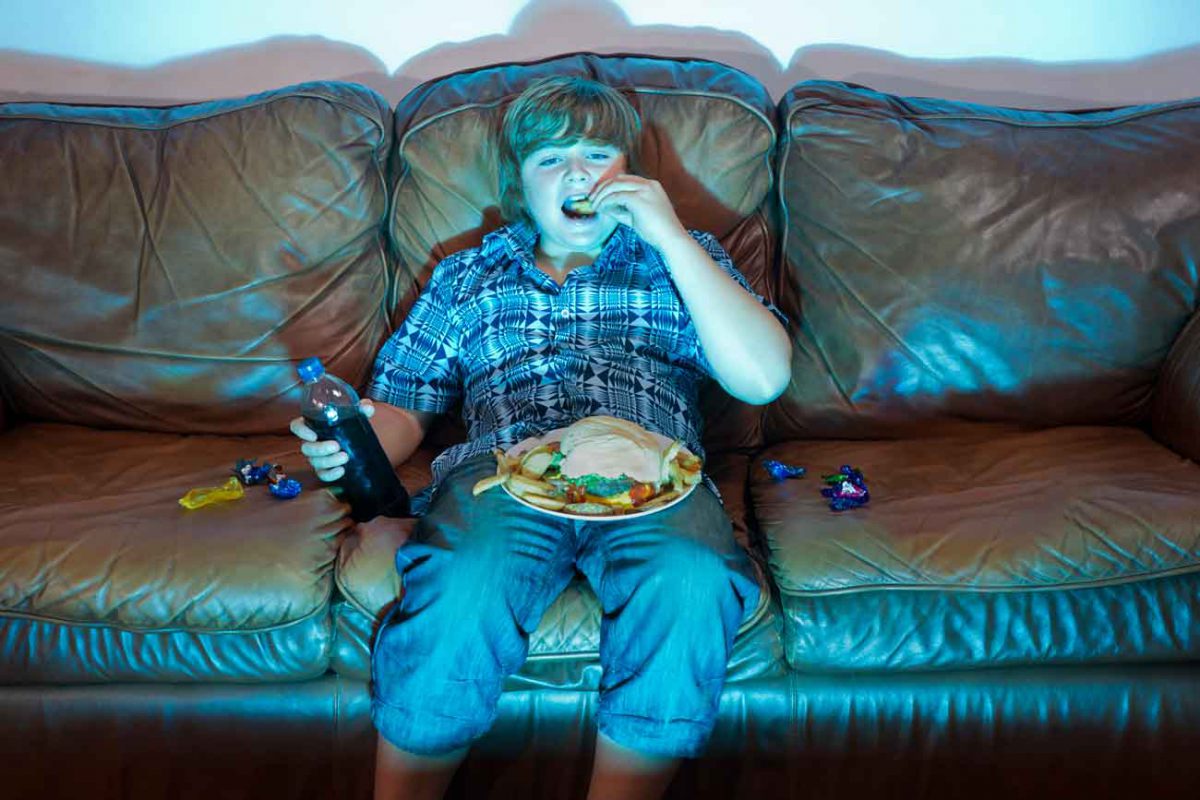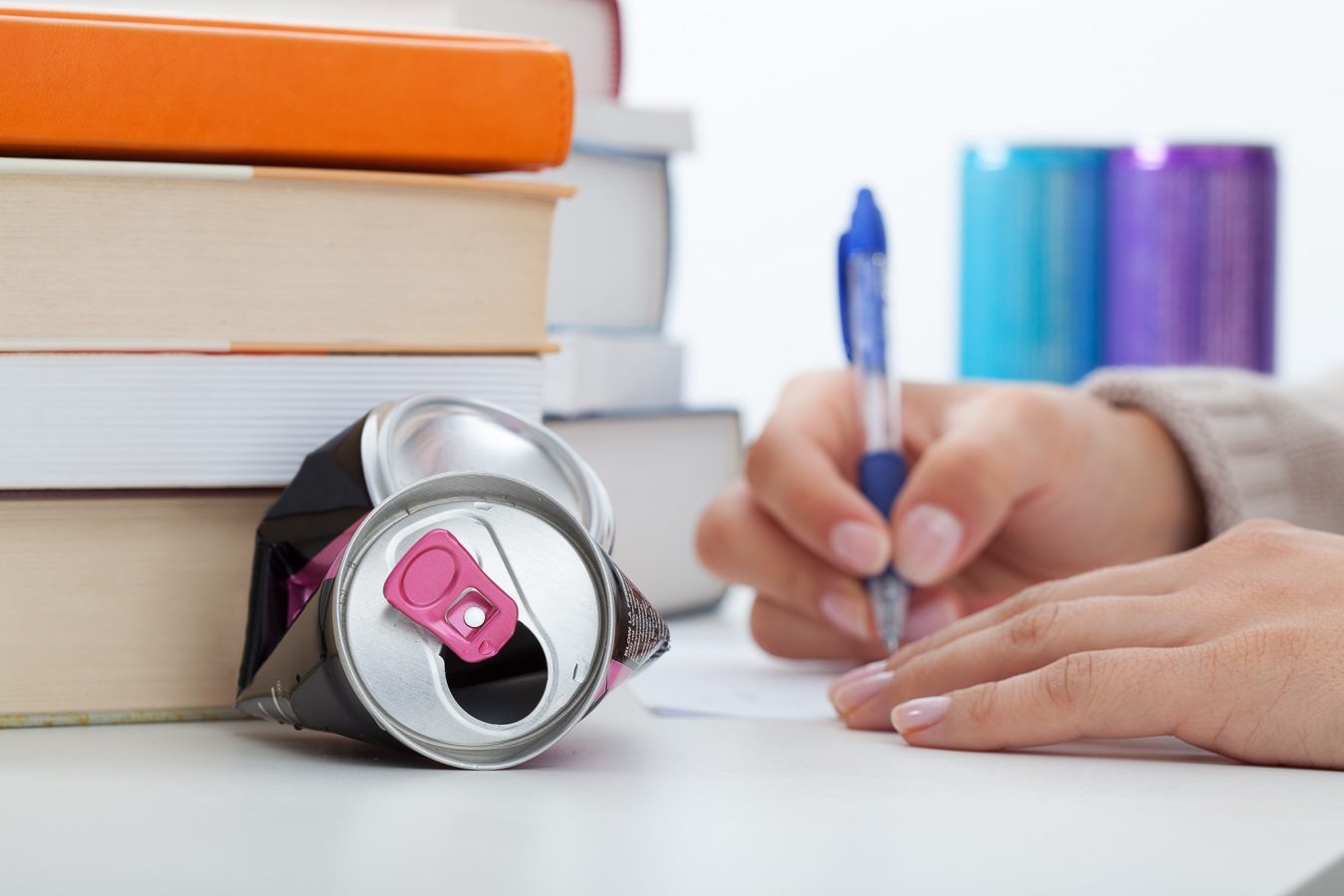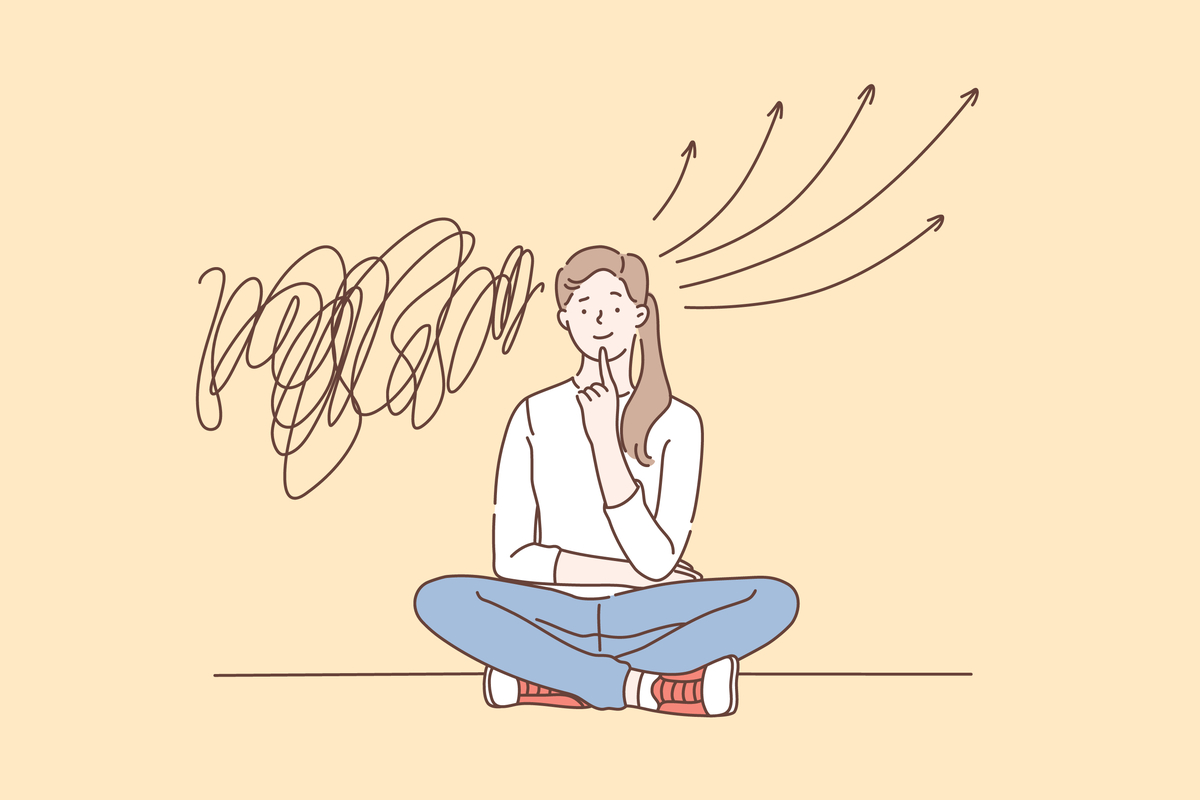
Our teens among the world's least active, smart guide to choosing tech gifts for kids, TED-ED's videos for family road trips, and more...
Our selection of thought-provoking and useful articles from around the web on educating and raising children.

Australian teens do the least physical activity in the world
(Brendon Hyndman, The Conversation)
How are our 1.6 million adolescent school students faring when it comes to physical activity? Pretty dismally, reports the author. The World Health Organisation recommends a minimum of one hour’s worth of jogging-like activity. We only come in ahead of a handful of countries, such as Cambodia and South Korea. One problem is that secondary schools aren’t geared towards encouraging students to get active in breaks. Among the solutions proposed is one-hour recess times, and providing students equipment such as climbing and fitness equipment.
Read more
Gift Guide: Be smart and secure when choosing tech gifts for children and young people
(Office of the eSafety Commissioner)
Do you know the minimum recommended age for using a drone? For most drones, it’s over 12, but in some cases, it’s 8. We can thank the Office of the eSafety Commissioner Julie Inman Grant for this important fact, contained in an informative guide to help you when it comes to choosing tech gifts. It’s full of things you may not have considered. Robotic toys and their accompanying user accounts, for example, may store personal information, including a child’s name, age, gender and, in some instances, location.
Read moreA car-trip video playlist: 8 great TED-Ed lessons to make a drive fly by
(Ideas.ted.com)
The holiday season means long road trips for many families, and an inevitable, regular chorus of, ‘Are we there yet?’ Distracting activities are the go-to for parents, and all the better if children end up smarter at the end of the trip. This is what this collection of TED-ED lessons promise. Topics include: why do we itch?, the history of chocolate, and why are sloths so slow. Each runs for four of five minutes of relative peace
Read moreMaths looks the same in the brains of boys and girls, study finds
(Jon Hamilton, npr)
There’s a an idea that more boys than girls end up in STEM areas because boys are inherently better at the sort of thinking those fields require. Not so, says this report, which details the findings of new research that shows that girls start out with the same abilities in maths as boys. The experts ponder what’s happening as male and female students grow up, and take different study and career paths.
Read more


